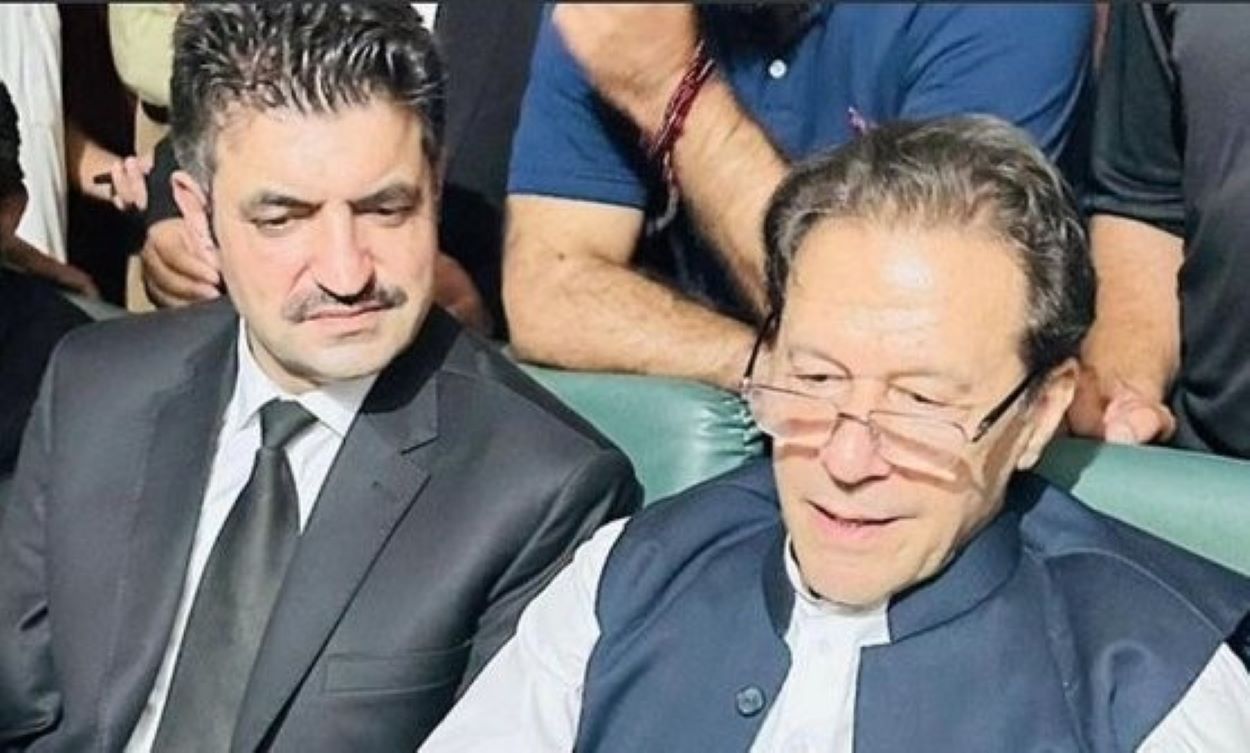Imran Khan, founder and former Prime Minister of Pakistan and leader of Pakistan Tehreek-e-Insaf (PTI), had proposed Sher Afzal Marwat as Chairman of the Public Accounts Committee (PAC).
Sources now report that the government has decided against appointing Marwat to this crucial position and has instead asked the Sunni Ittehad Council to nominate a more experienced and gravitas-bearing leader.
The PAC, a vital entity within Parliament, possesses comprehensive oversight capabilities, including the auditing of institutions, scrutinizing audit reports, and the authority to initiate investigations through the National Accountability Bureau (NAB) or the Federal Investigation Agency (FIA). These investigations can target a range of government bodies, including the Prime Minister’s Office, the Presidential House, and senior military and civil institutions. Its membership spans both Senators and Members of the National Assembly.
Historically, the PAC chairmanship has traditionally been held by a member of the opposition, a practice established following the Charter of Democracy signed on May 11, 2006, by the People’s Party and the PML-N. This tradition saw figures such as Chaudhry Nisar Ali Khan of PML-N and Syed Khursheed Shah of PPP holding the chairmanship under subsequent governments.
There was a standoff between the government and the opposition concerning the nomination of Sher Afzal Marwat. To resolve this deadlock, the government is reportedly reconsidering Noor Alam Khan of Jamiat Ulema-e-Islam, who previously chaired the PAC, for reappointment.
Should a consensus be reached, the Speaker of the National Assembly will appoint the agreed-upon Member of Assembly as the PAC Chairman. If disagreements persist, the Speaker has the authority under the law to appoint another member, potentially from the ranks of PML-N or PPP.






